Four Million Yet to File Just Days Before Self Assessment Deadline
Millions of small business owners and self-employed sole traders are yet to submit their completed Self Assessment tax return – and could face harsh penalties – ahead of the January 31 deadline.
HM Revenue and Customs (HMRC) is urging millions still to file their tax return, pay any outstanding liabilities or set up a payment plan, to do so ahead of the deadline as interest will be applied to all outstanding balances from February 1.
Any self-employed ‘sole traders’ and business partners earning more than £1,000 (before taking off anything you can claim tax relief on) must complete a Self Assessment tax return.
However, HMRC announced earlier this month they would waive penalties for one month for late filing of tax returns and late payments – a welcome respite for those racing to meet the deadline.
The changes mean that anyone who cannot file their return by the January 31 deadline will not receive a late filing penalty if they file by February 28.
Also, anyone who cannot pay their tax liabilities by the 31 January deadline will not receive a late payment penalty if they pay their tax in full, or set up a time to pay arrangement, by April 1.
HMRC’s Director General for Customer Services said they waived the penalties for one month to help those struggling to meet the Self Assessment deadline.
“And if anyone is worried about paying their tax bill, they can set up a monthly payment plan online,” he said.
To set up a payment plan, visit Pay My Self Assessment on GOV.UK.
For help making sense of your small business finances, use simple accounting software like Cashflow Manager.
More than 12.2 million Self Assessment tax returns are expected to be completed for the 2020/21 tax year which covers earnings and payments during the pandemic.
HMRC advises that Taxpayers will need to declare if they received any grants or payments from the COVID-19 support schemes up to April 5, 2021 on their Self Assessment, as these are taxable, including:
- Self-Employment Income Support Scheme
- Coronavirus Job Retention Scheme
- other COVID-19 grants and support payments such as self-isolation payments, local authority grants and those for the Eat Out to Help Out scheme
Notably, the £500 one-off payment for working households receiving tax credits should not be reported in Self Assessment.
Start a FREE, 30-day trial with Cashflow Manager to help organise your small business’s finances and make completing your Self Assessment simpler.

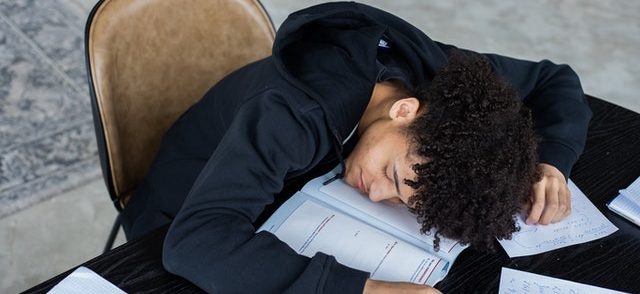

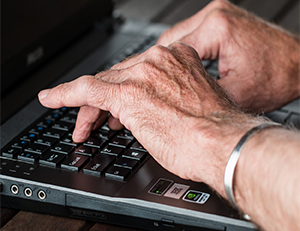
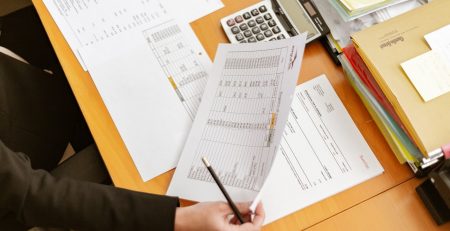

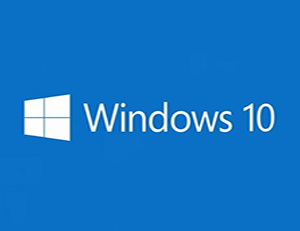
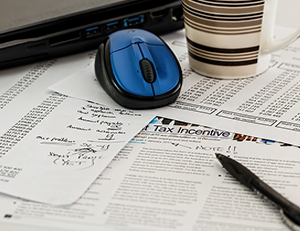
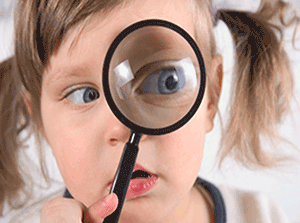



Leave a Reply